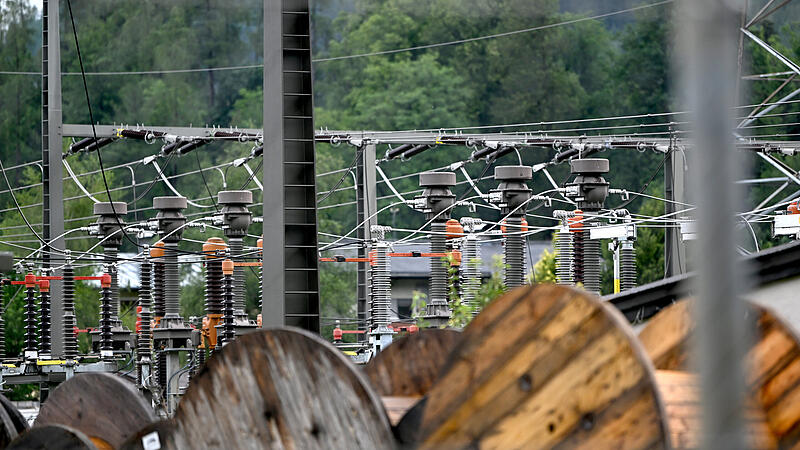According to Wifo, that doesn’t make sense. Because only a small proportion of this money would actually flow into the hands of private investors, so the argument goes. First of all, it is important to distinguish between “over-winning” and “accidental winnings”. According to the study published on Thursday, excess profits are excessive profits that are considered disproportionately high in relation to the capital employed and risk, are often achieved through the abuse of market power and therefore require competition policy or regulatory intervention.
However, a distinction must be made between so-called “windfall profits”, which arise unplanned and without abusive actions on the part of the company. Even if the discussion in Austria revolves around “excess profits”, from Wifo’s point of view it is actually about “accidental profits”. Because “the discussion about chance profits is based on extreme exogenous events that could not be expected in advance and therefore had no influence on business decisions. This form of chance profits is currently the focus of the discussion,” the authors explain.
In Austria, the state traditionally has a strong position in the energy industry. For example, according to the constitution, the majority of the share capital of the Verbundgesellschaft and the nine state energy suppliers must be owned by the public sector. The republic also holds 31.5 percent in OMV via Österreichische Beteiligungs AG (ÖBAG). In addition, taxes on distributed profits also go to the state. “It follows from this that the public sector also receives a correspondingly high proportion of the profits of these companies directly as dividends,” according to the study. This also applies to random wins.
Of the (fictitious) random prizes of 100 euros, around 88 euros would go to the state due to the shareholder structure and the taxes at Verbund. The economic research institute calculates in the study that private investors would only receive a little over twelve euros. It would be similar with OMV: here the state would receive just under 63 euros, private just over 37 euros.
“The comparatively small proportion of chance profits from Austrian energy companies that remains for private investors does not justify the introduction of a chance profit tax in Austria,” says the study. Such a tax is also problematic from a location policy perspective. In addition, the reason for random profits also lies in the current organization of the European electricity market. A random profit tax cannot solve these structural problems.
“In contrast to a random profit tax, which, once introduced, could be (re)activated again and again for a wide variety of reasons, the electricity cost brake with a price cap would be much more specifically tailored to the acute problem of high electricity prices due to the artificial gas shortage,” says Das Conclusion of the study.
In its REPowerEU plan of March 2022, the European Commission explicitly allows the member states to – for a limited period of time – tax excessive revenues from certain electricity producers in order to relieve consumers. Such has already been implemented by some EU countries such as Greece, Italy or Spain. Such a tax was also recently discussed in Austria.
Source: Nachrichten




